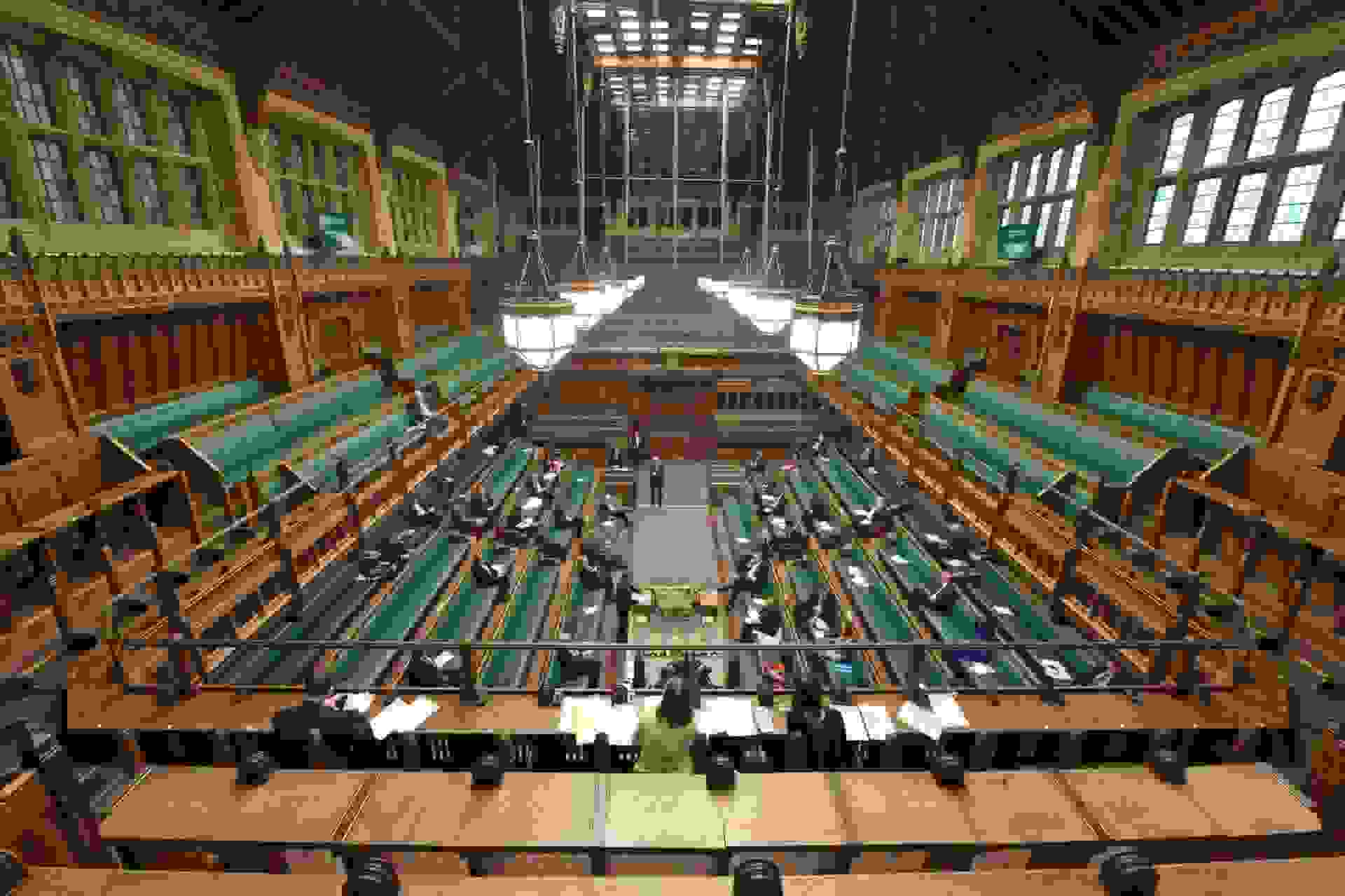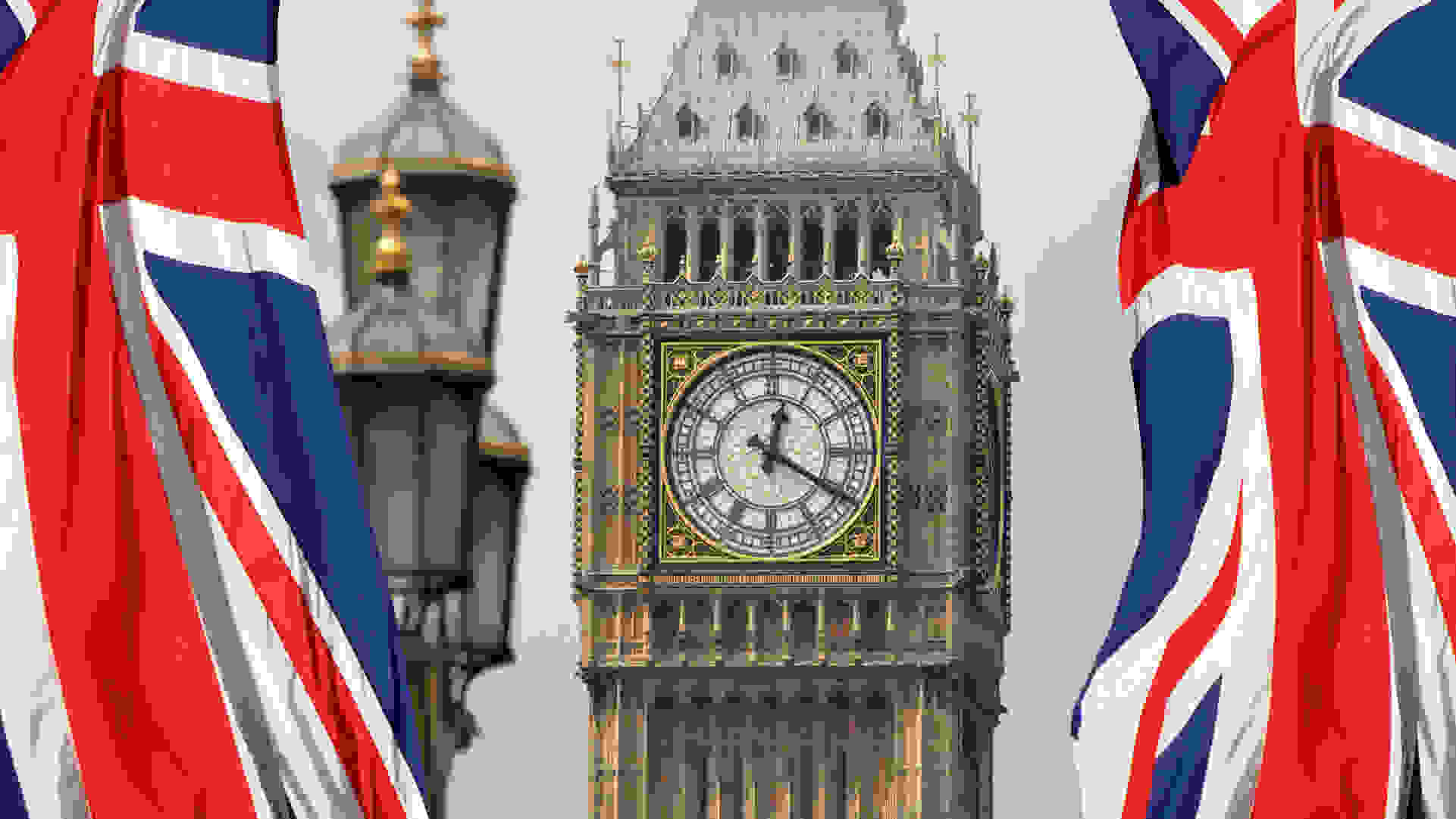Making better law

The process for making and scrutinising legislation at Westminster is often unsatisfactory and poorly understood. How does the process work? Who influences it? And how could it be improved?
Latest
Blog / An inter-parliamentary body for the UK Union?
Before Brexit, mechanisms for inter-parliamentary relations and scrutiny of inter-governmental relations in the UK were unsatisfactory. Post-Brexit, the need for reform has become urgent. There should be a formal inter-parliamentary body, drawn from all five of the UK's legislative chambers, with responsibility for scrutiny of inter-governmental working.
Blog / Did you get the memo? Post-legislative scrutiny and the case of judicial review
The government has established an independent review of judicial review – but post-legislative scrutiny has not yet been conducted on the previous reform of the system, in the Criminal Justice and Courts Act 2015. This is typical of the low priority given to post-legislative scrutiny by both government and Parliament.
Briefings / Proposals for a 'virtual' Parliament: how should parliamentary procedure and practices adapt during the Coronavirus pandemic?
There have been many calls for Parliament to become 'virtual' during the Coronavirus pandemic, using remote working to ensure proper scrutiny of government during the crisis. But how should a 'virtual' Parliament operate?
Blog / Brexit delegated legislation: the challenges, and how they should be addressed
With respect to the importance of delegated legislation, the next stage of the Brexit process is unlikely to be much different from the last. Without urgent, substantial reform of delegated legislation scrutiny in the House of Commons, much of the detailed implementation of Brexit will be done by the executive with limited parliamentary oversight.
Publications / A New Normal? Parliament after Brexit
The 2017-19 Parliament was, famously, 'not normal'. Following the 2019 general election, some around Westminster welcome, and want to encourage, a return to normality. But what's 'normal'? And will the demands of Brexit, plus a constitutional and procedural reaction against the 2017-19 experience, mean the new parliamentary normal is different from the old?
Browse all


Proposals for a 'virtual' Parliament: how should parliamentary procedure and practices adapt during the Coronavirus pandemic?
14 Apr 2020

